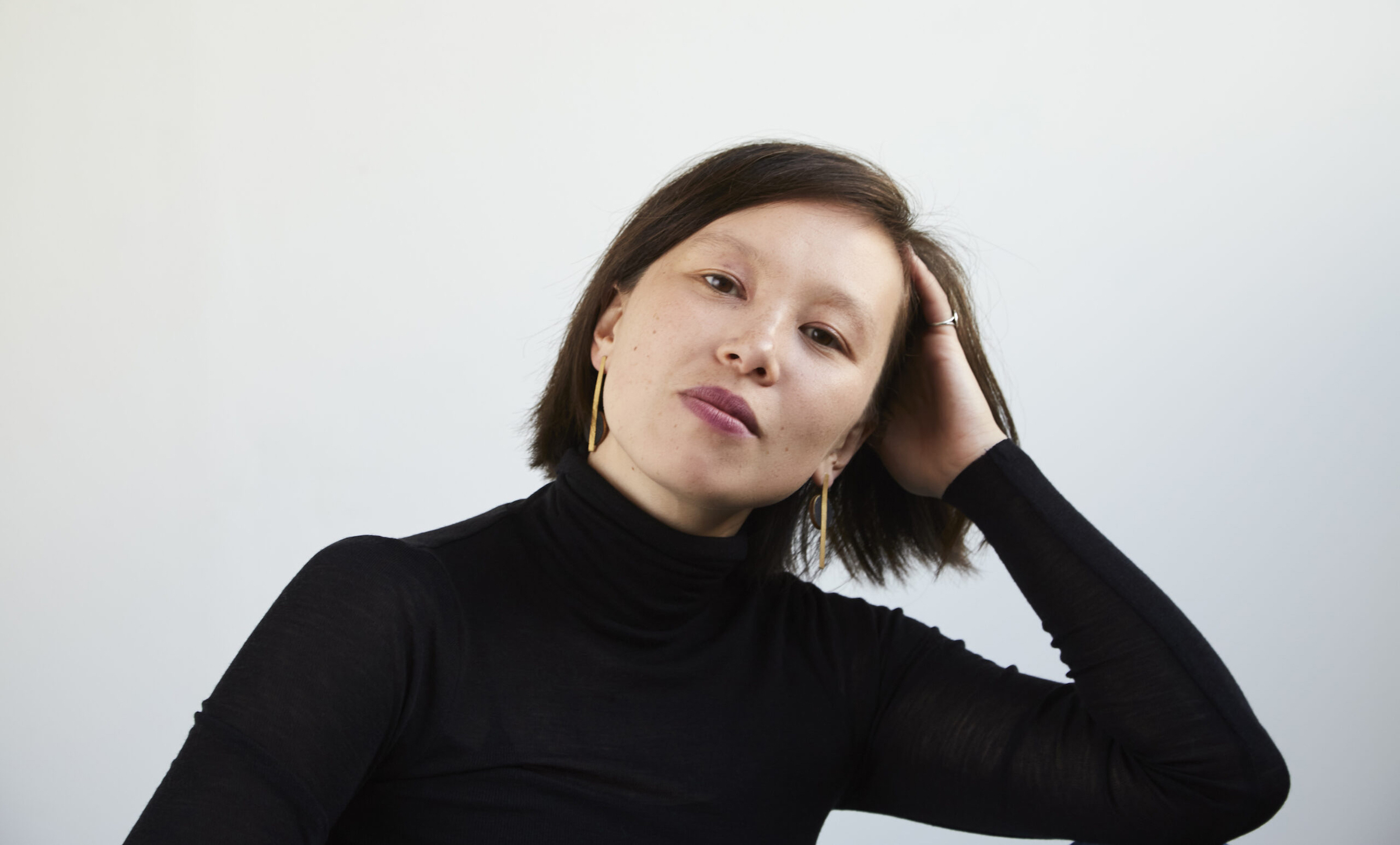There’s a famous quote by Hans Christian Andersen that touches on music’s unique ability to express emotions: “Where words fail, music speaks.”
Indeed, music is a universal language that can bring people together and overcome barriers to communication. But what if we were to also look at music as a way to inspire seemingly impossible change in the world? It’s a concept that has fascinated Canadian conductor and pianist Naomi Woo. In a way, she’s living proof it is, in fact, very possible.
Over the past few years, Woo has become a highly sought after guest conductor for some of Canada’s major orchestras (she’s set to conduct the Toronto Symphony’s Year of the Dragon: A Lunar New Year Celebration on February 13) and is actively making a name for herself on the international stage. It’s quite a feat for a woman of colour, particularly in a male-dominated industry, but Woo shows no signs of stopping on her path to success and is breaking barriers in the process (she recently became the first woman to lead the National Youth Orchestra of Canada in its 64-year history).
Woo’s love of music began at the age of five, when she first started to play the piano. Though her journey to becoming a conductor was not exactly straightforward (Woo’s undergraduate degrees were in math and philosophy, and she didn’t start working as a conductor until her late 20s), it’s a path she proudly forged on her own.
“I know that now I can’t imagine my life without [music],” she tells RepresentASIAN Project. “But I also know that my desire to pursue and continue a career in music has not only to do with the content of what I do, but also what I believe to be the role of music in society and what I believe to be the capacity of music to bring people together and to form and strengthen communities, and to help people relate to one another and explore new ideas in society.”
Which brings us back to thinking about the impossible. Particularly, impossible music. For her doctoral thesis, Woo explored how composers push against the limits.
“I was less interested in difficulty, [as in], ‘Oh, this piece is really hard,’ and more interested in what it means to explore the boundary between possible and impossible,” she explains. “I was really inspired by a quote by John Cage who said that the reason he wrote impossible music is because he thought, in our society, there were impossible problems that needed to be solved. And he hoped that if performers did impossible things on stage, it would inspire everyone else to try to accomplish impossible goals in the political and social world, too.”
“My desire to pursue and continue a career in music has not only to do with the content of what I do, but also what I believe to be the role of music in society and what I believe to be the capacity of music to bring people together and to form and strengthen communities, and to help people relate to one another and explore new ideas in society.”
Woo is among a group of women who are accomplishing the “impossible” in the music world. According to Tapestry Orchestra, Canadian women occupy less than three per cent of music director positions in major Canadian orchestras. In these orchestras, there are 37 titled roles for conductors, and of those 37 positions, only three are occupied by women conductors. Through the mentorship of other female conductors, Woo has been able to find a place among the next generation of women in musical leadership.
“I feel really lucky to have a community of mentors, women who have blazed a trail ahead of me whom I look up to and whom I ask for advice,” she says. “I think that for anybody, it is really valuable to not feel like you are the first to do anything. Because when you’re the first, there’s a lot of attention on you [and] there’s not a lot of room to fail. And I think failures help people in general learn and grow. So I feel really, really lucky and grateful for all of the opportunities that I have been granted and all of the ways in which I am extremely well supported by so many institutions, friends, mentors, colleagues, and indeed students and mentees around me.”
While Woo acknowledges the important push for women in leadership, she feels it’s also important to consider intersectionality within the field and to advocate for opportunities for BIPOC conductors.
“There’s room to celebrate, but that celebration is only valuable to me when it’s intersectional and when it can be used to provoke opportunities for further improvement and for…trying to accomplish these impossible goals in society.”
“I think it’s not a success if all of those women conductors look the same and have the same kind of backgrounds,” she explains. “Yes, things are getting better for a specific kind of woman conductor, and I think that’s great and I’m really grateful to not experience a lot of sexism in my work. And I also think about all the missing and murdered Indigenous women in Canada, you know? I feel like there’s room to celebrate, but that celebration is only valuable to me when it’s intersectional and when it can be used to provoke opportunities for further improvement
“I think it’s not a success if all of those women conductors look the same and have the same kind of backgrounds,” she explains. “Yes, things are getting better for a specific kind of woman conductor, and I think that’s great and I’m really grateful to not experience a lot of sexism in my work. And I also think about all the missing and murdered Indigenous women in Canada, you know? I feel like there’s room to celebrate, but that celebration is only valuable to me when it’s intersectional and when it can be used to provoke opportunities for further improvement and for like, you know, as I said before, it just like trying to accomplish these impossible goals in society.”
All in all, for Woo, there’s so much more to music than its ability to provoke emotion in ways that go beyond words.
“I think there’s a capacity that music can have to access and expand the imagination, and to reconfigure what we imagined to be possible in the world.”
Like this post? Follow The RepresentASIAN Project on Instagram, TikTok and YouTube to keep updated on the latest content.











